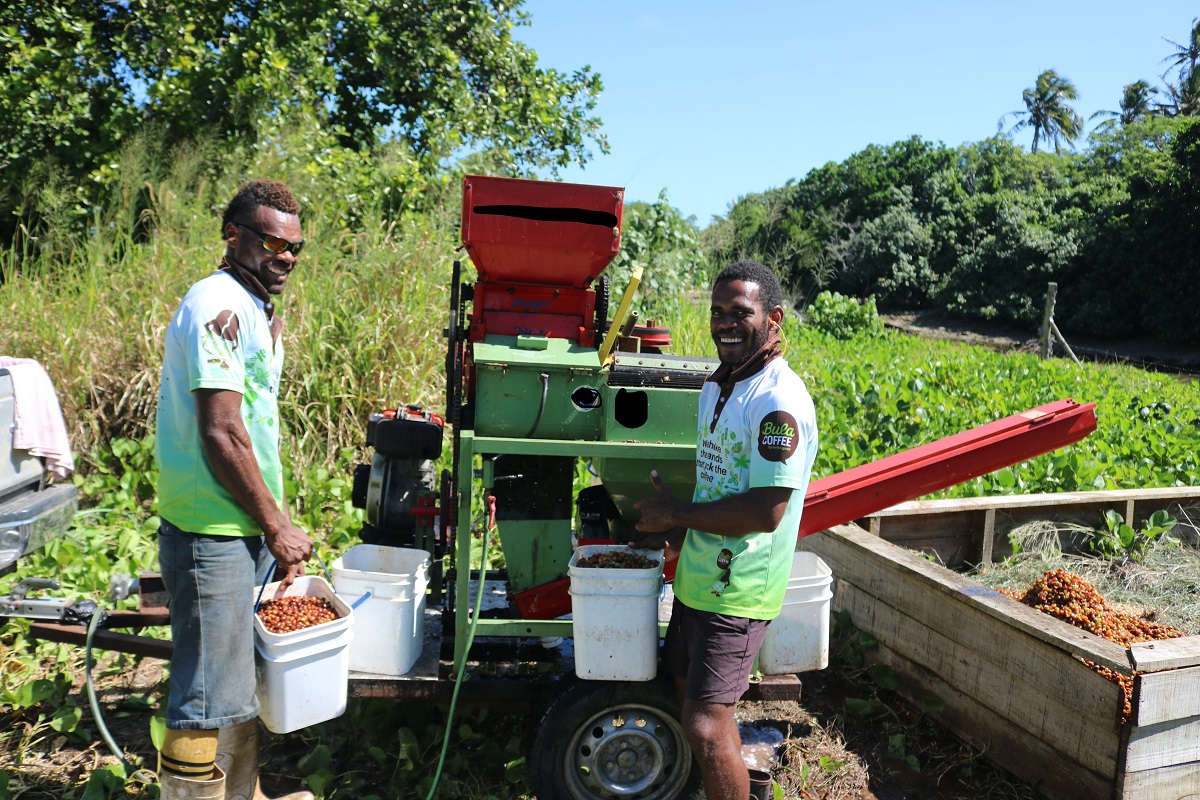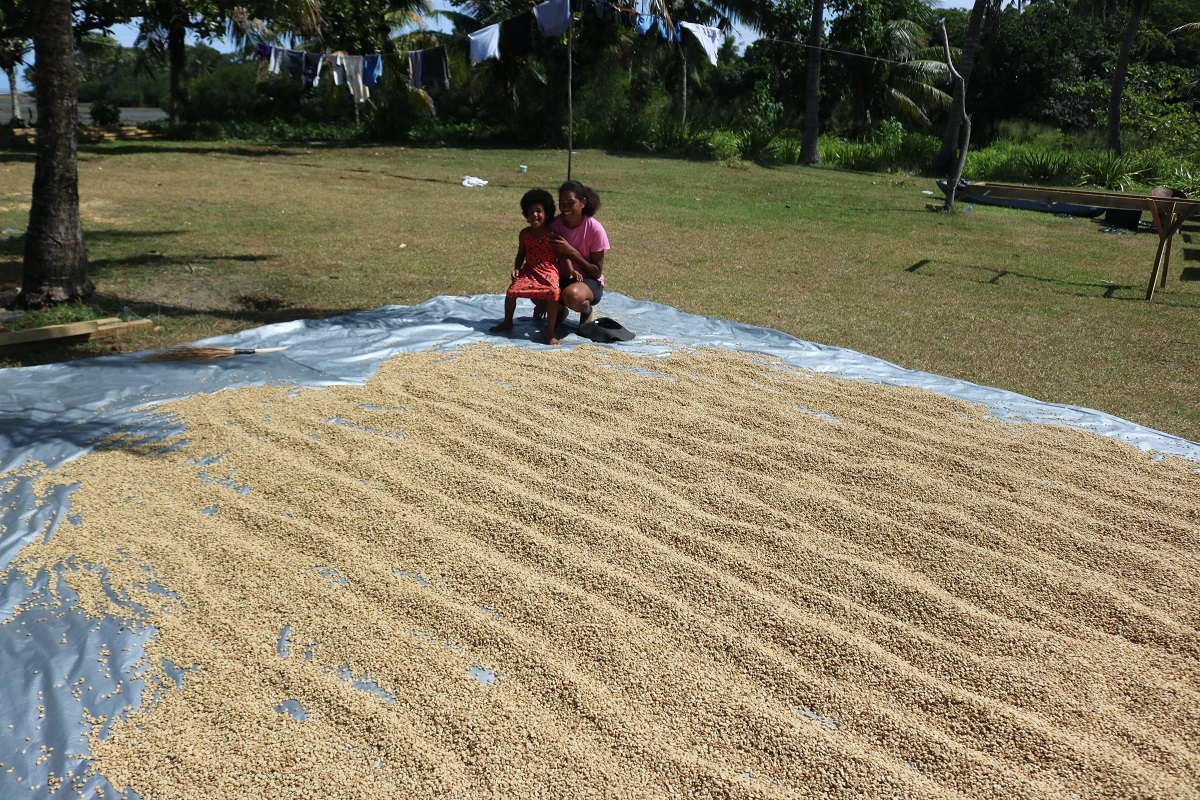Related News

By JONE SALUSALU
Fiji has the potential to stamp its mark in the coffee industry, says the founder of Bula Coffee, Luke Fryett.
The Kiwi-born businessman, who also holds dual citizenship in Fiji, believes in maintaining consistency and quality when it comes to the supply of locally-grown and harvested coffee beans.
Mr Fryett was at the recent 2022 Fijian Tourism Expo in Nadi to showcase Bula Coffee products to major players in the tourism and hospitality market.
“We’ve always just been the factory that sends out coffee around the world and in Fiji. This was the first time for us to actually market out product at the expo,” he told Wansolwara.
“On April 8, we opened up our Tourism Space and Coffee Tours, a first of its kind that displays our products to the public.”

Bula Coffee has come a long way since 2011-2012 when Mr Fryett collaborated initially with a family along Valley Road, Sigatoka, to produce and supply Fijian-grown coffee beans to the local market.
He first came to Fiji in 1993 and again in 2006-2007 for a holiday with his family. by chance on a trip to the interior of Sigatoka with some friends, Mr Fryett came across coffee trees in the valley and realised the untapped potential to turn these wild coffee beans into a quality competitive product.
“For the past 10 years, we’ve grown the local coffee industry from the ground up. All from wild coffee that was just falling on the ground,” he said.
“Our first harvest back then was not more than 20 kilograms. Today, we’ve partnered with local villagers to harvest and process coffee beans from remote parts of Fiji so we’re definitely supplying more than that annually – to Tappoo Group of Companies, Jack’s of Fiji, NewWorld IGA, Extra Supermarket and the Ginger Kitchen in Suva.”
In 2016, the company faced a setback when Category Five Severe Tropical Cyclone Winston caused damage to the agriculture sector. This forced the company to import coffee beans from Papua New Guinea to supplement the low harvest production experienced that year.
“To counter this type of situation, we are looking at expanding our picker base around Fiji. I think we are at a stage where we want to avoid what happened in 2016. We were quite small before and were getting coffee from a particular place but now with the expansion, we can get coffee beans from all over Fiji essentially and this would keep the production levels high,” he said.
Bula Coffee picked up momentum the following year in 2017 when it received timely assistance of a $72,000 mobile coffee processing machine, nursery building and irrigation equipment under the iACT project, a joint partnership between the European Union and the Secretariat of the Pacific Community.
“Through this support, we were able to expand our farming base to Vanua Levu. This increased our production and sales widely. It was also a timely boost, given that the company had farming bases on Viti Levu,” Mr Fryett said.
He acknowledged the Australian Centre for International Agricultural Research for assisting the company with methods to maintain quality coffee beans.
He said the centre also identified suitable land for growing coffee beans and provided seedlings to assist with production.
Bula Coffee is also looking at expanding its product to the region. The company is currently supplying green coffee beans to export markets in the United Kingdom and Japan.

*Jone Salusalu is a final-year journalism student at The University of the South Pacific’s Laucala campus in Suva. He is also the online student editor for Wansolwara, USP Journalism’s student training newspaper and online publications.